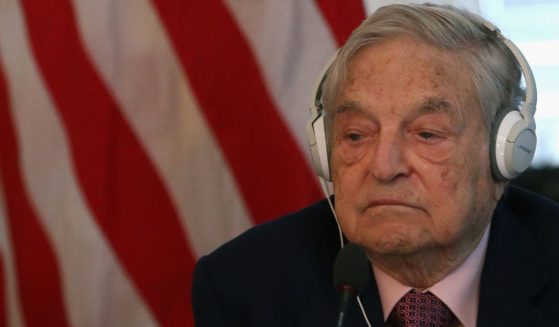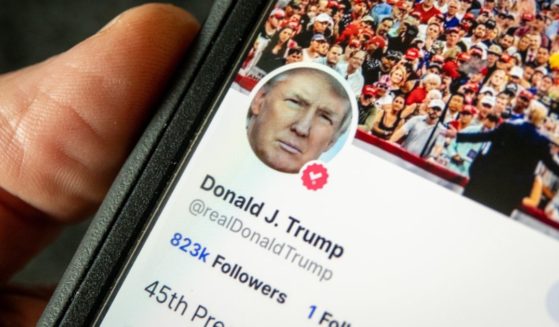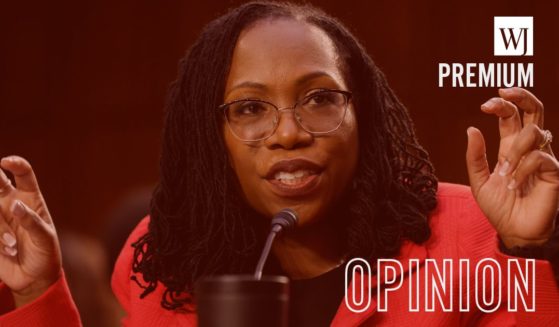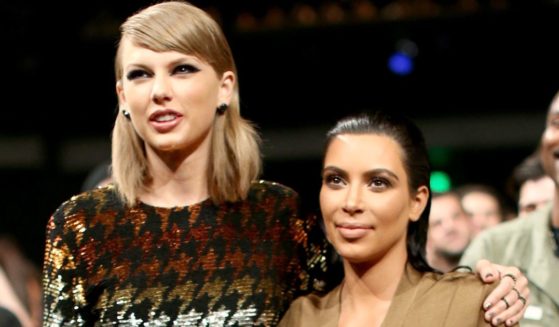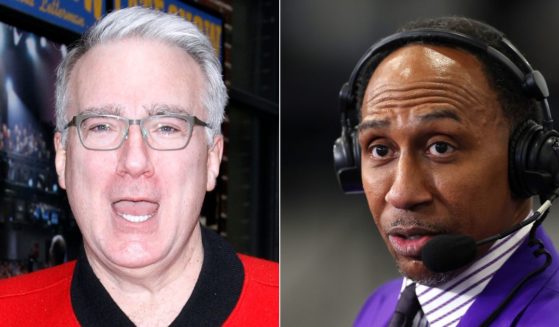South Korea Raised Minimum Wage...It's Not Going According to Plan
When Moon Jae In was elected president of South Korea last year, he was hailed as a liberal in an American sense. As for the “hailed” part, this mostly had to do with the impasse over North Korea’s missile and nuclear tests, as well as the hard line taken by the Trump administration.
Moon also promised to create the better part of a million jobs in the country’s public sector, reform the chaebols — South Korea’s family-run big-business concerns like Hyundai, Samsung and LG — and move to raise taxes and the minimum wage in order to spur economic growth.
The chaebol reform initiative — which was the only intrinsically defensible part of that program when one considers the noxious, monopolistic hold the firms have on economic and political life in South Korea — has been shelved for the moment because the Moon government is hoping the companies invest in North Korea as part of detente with Pyongyang, according to CNBC.
As for the last part — high taxes, high minimum wage — that’s been implemented. And, you know, maybe it ought to have gone the way of chaebol reform as well.
Think of how difficult it must have been for Michael Schuman to write these two opening paragraphs, published in Wednesday’s New York Times:
“As President Trump leads a drive to slash taxes and pare back regulation, one major economy is taking a different approach,” he wrote.
“Under President Moon Jae-in, South Korea has raised taxes and the minimum wage in the name of economic growth. So far, it hasn’t worked out as planned.”
The program began shortly after Moon was inaugurated in May of 2017 when he took a hard-left turn. Taxes went up, as did welfare spending. Restrictions on working hours were placed in effect and the minimum wage was increased to 7,530 Korean won ($6.70).
“Our quality of life has been somewhat deteriorated, and income disparity has been widening,” Yoon Jong Won, President Moon’s senior secretary for economic affairs, said at the time. “This is not the road we should continue to follow.”
After that move, job growth has slowed to a 9-year low, according to Xinhua. Unemployment hit an 8-year high in August but has since rebounded slightly.
And, see if you’ve heard this one before: “The biggest problem is the strain on small businesses, which are often unable to pass on higher costs to their customers. In a 2017 survey of its members by a small-business organization known as Kbiz, 42 percent said they would be forced to shed employees because of the minimum wage increase,” Schuman reported.
Take the case of Moon Seung, who operates an Incheon-based auto parts maker named Dasung. The Times noted that his “razor-thin profit margin” led him to stop hiring in the wake of the move.
“We can’t take it,” Moon said. “This is a problem not just for the employers, but for the employees.”
He wasn’t the only one.
“Song Minji, the founder of Pygmalion, a design and publishing company in Seoul, said she had decided not to replace two departing employees and instead had parceled out their responsibilities to the eight who were left and enlisted freelancers,” Schuman reported.
“It would have been better if the policies were applied in steps rather than in one go,” Song said.
The Moon government has offered subsidies to companies to mitigate the impact but Song said they’re too meager to make an impact.
However, this being The Times, you should have expected to see a paragraph like this:
“The discouraging early results don’t mean that Mr. Moon is wrong and Mr. Trump is right,” Schuman wrote. “Wage growth in the United States, though stronger in recent months, has generally remained stubbornly low despite the tightest labor market in a generation, and the American economy is widely expected to slow in 2019 as the economic sugar rush of Mr. Trump’s tax cuts wears off. Pro-business policies in Europe, where labor laws are being loosened, have been met with large-scale protests.”
So, let’s deconstruct that. First, stubborn wage growth — even that which has shown signs of easing — is a bit better than job growth and unemployment that hearken back to the days of the Great Recession.
If the “sugar rush” of the Trump tax cuts does wear off somewhat in 2019, it’s also worth pointing out that we still had that “sugar rush” during heady days in the market; at a time when South Korea should have been seeing economic growth, it very much didn’t.
As for how “(p)ro-business policies in Europe, where labor laws are being loosened, have been met with large-scale protests,” Schuman’s article links to the yellow vest movement in France. Reducing that wide-reaching, multifarious populist movement to “pro-business policies,” especially when it was originally sparked by an increase in fuel prices designed to meet carbon emission goals by the Macron government, is a bit like identifying the root cause of the American Revolution as a decision by the British to intervene at arms depots at Lexington and Concord.
As for who is right and who is wrong, consider a Bloomberg survey in which a majority of 30 economists said they believed the Moon government’s labor market policies would consider to punish the South Korean economy in 2019, particularly if they followed through with another increase. Only a third thought that increased consumer spending would lift the economy eventually.
That’s probably why President Moon has indicated he might look to slow the rate of minimum wage increases during a December speech, according to Singapore’s Straits Times.
“It is important that new economic policies such as the minimum-wage hike and work-week cut are pursued under a general consensus based on the tolerance and harmony of interested parties,” Moon said in remarks to economic ministers.
“If necessary, we need to devise ways to make adjustments.”
That sounds a lot like “discouraging early results” indicating, perhaps, “that Mr. Moon is wrong and Mr. Trump is right.”
Maybe economic realities about the labor market don’t go away when progressive economists want to ignore them. Maybe the same lesson that’s applicable here is applicable in South Korea, too.
Truth and Accuracy
We are committed to truth and accuracy in all of our journalism. Read our editorial standards.

